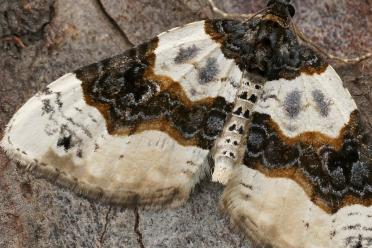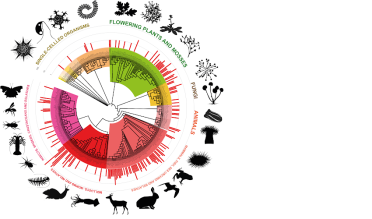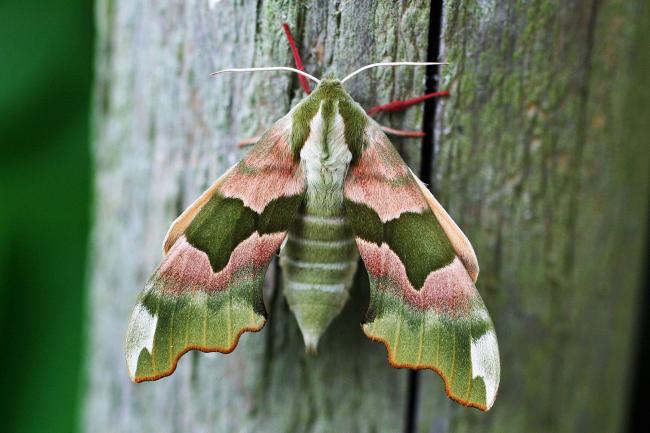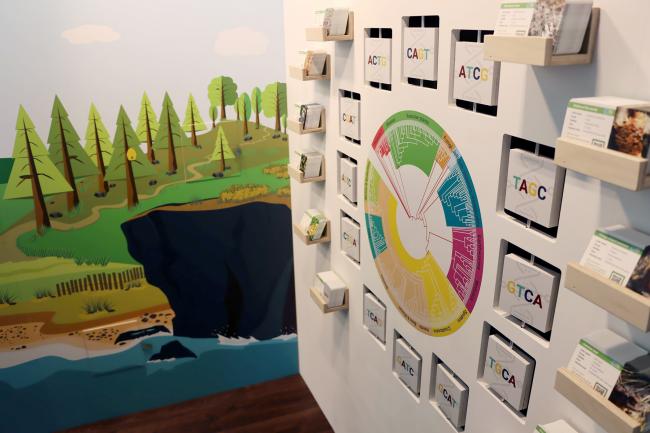
Over 1,000 genomes have now been produced as part of the Darwin Tree of Life project - a collaboration between ten leading research organisations and funded by Wellcome.
While the list of 1,000 species includes animals, plants, fungi and single-celled organisms called protists, the 1,000th species was Cosmorhoe ocellata, a moth commonly called ‘The Purple Bar’. All of the data generated are available freely and openly to researchers anywhere in the world.
The Darwin Tree of Life project aims to use DNA data to understand how the diversity of life on Earth evolved, explore the biology of organisms and ecosystems, aid conservation efforts, and provide new tools for medicine and biotechnology.
It is one of several initiatives across the globe working towards the ultimate goal of sequencing all complex life on Earth, in a venture known as the Earth BioGenome Project.
Professor Mark Blaxter, Head of the Tree of Life programme at the Wellcome Sanger Institute, said: “It’s a huge achievement to pass this milestone - and it has only been possible through the remarkable collaboration, hard work, and innovation of people from all of the project partners over the first four years of our groundbreaking project.
“All of us are connected by the common thread of our shared DNA, and DNA connects us to all life. Genomics allows us to explore those connections and look back through evolutionary time at the tree of life.
“The outputs and impacts from the Darwin Tree of Life will contribute to open conversations about how genomic knowledge can help us start to tackle some of the biggest problems facing our societies and the natural world today.”



